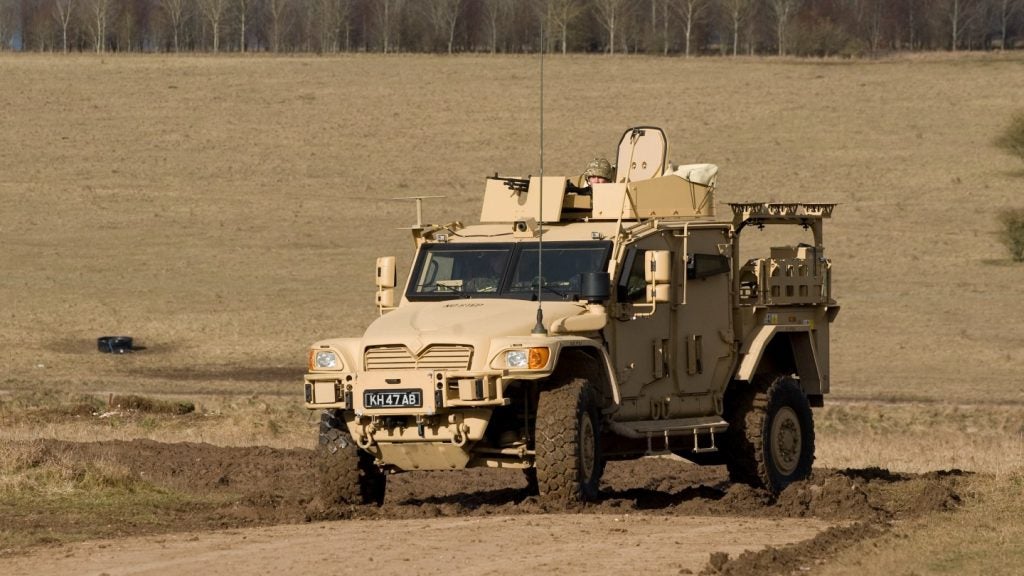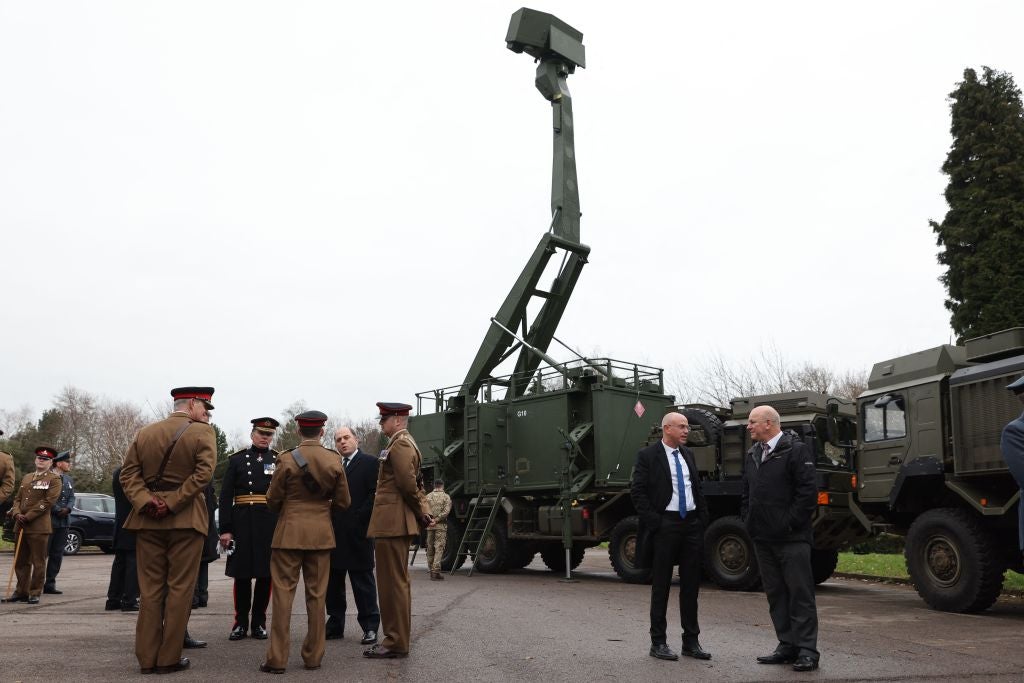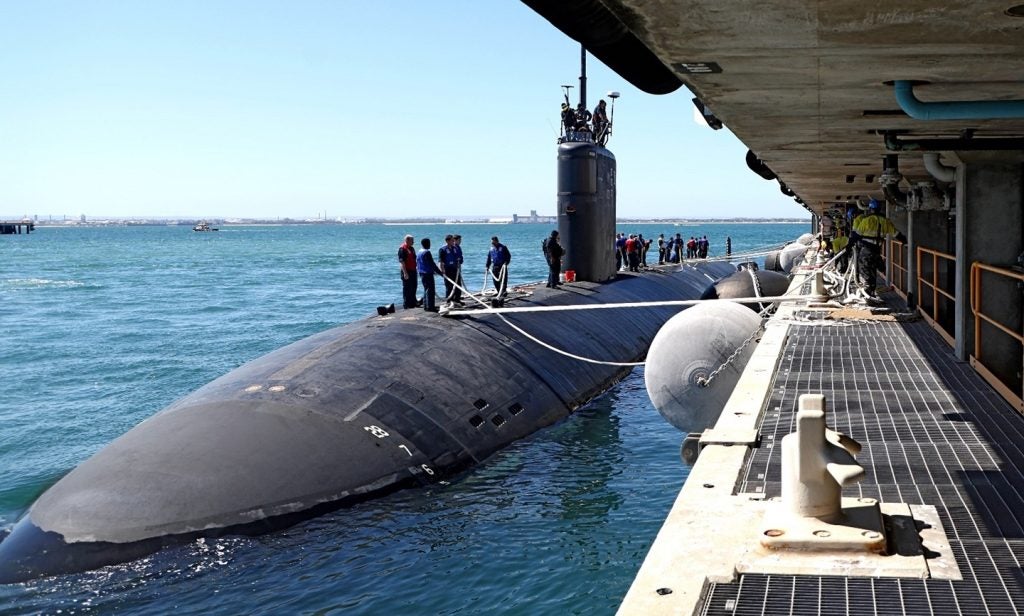Worcester Polytechnic Institute (WPI) is leading a $7.4m, multi-university award from the US Army that will support the development of new metallurgical methods and new lightweight alloys for the production of more effective and durable military vehicles and systems.
Approximately $2.1m will be awarded to WPI through the two-year award, which is the latest instalment from a multi-year cooperative agreement with the army that earlier brought more than $4m in research funding to the university.
The research conducted under the contract will focus on development of databases and computer modelling techniques that will enable prediction of nanoscale properties of lightweight alloys, primarily aluminum, titanium and magnesium, and use of the computational tools for design and testing of new alloys for specific military applications.
The technologies and processes developed as part of the research are also expected to have applications in the aircraft, automotive, and electronics industries.
WPI Materials Science and Engineering Program director and Army award principal investigator Mechanical Engineering George Fuller professor Richard Sisson said the military is looking to develop super-materials that can address several requirements at once.
See Also:
"They want new alloys that are strong enough to be used structurally, tough enough to function as armor, and light enough to improve the mobility and fuel economy of vehicles," Sisson said.
How well do you really know your competitors?
Access the most comprehensive Company Profiles on the market, powered by GlobalData. Save hours of research. Gain competitive edge.

Thank you!
Your download email will arrive shortly
Not ready to buy yet? Download a free sample
We are confident about the unique quality of our Company Profiles. However, we want you to make the most beneficial decision for your business, so we offer a free sample that you can download by submitting the below form
By GlobalDataThrough an approach dubbed "nanomaterials by design", Sisson and co-principal investigators are using a variety of modelling techniques, including thermodynamic models and kinetic models, along with laboratory studies, to predict the microstructure and microchemistry of new alloys.
The researchers are also studying a range of metallurgical processes, including heat treating, which can alter an alloy’s microstructure, while focusing on a process called cold spray.
WPI will also develop new magnesium alloys that require fewer rare earth elements (REEs), or use more readily available REEs, and also explore methods for extracting REEs from ores found outside of China and their recovery from recycled metals.
The high-strength magnesium alloys are currently used by the military in aircraft components.








